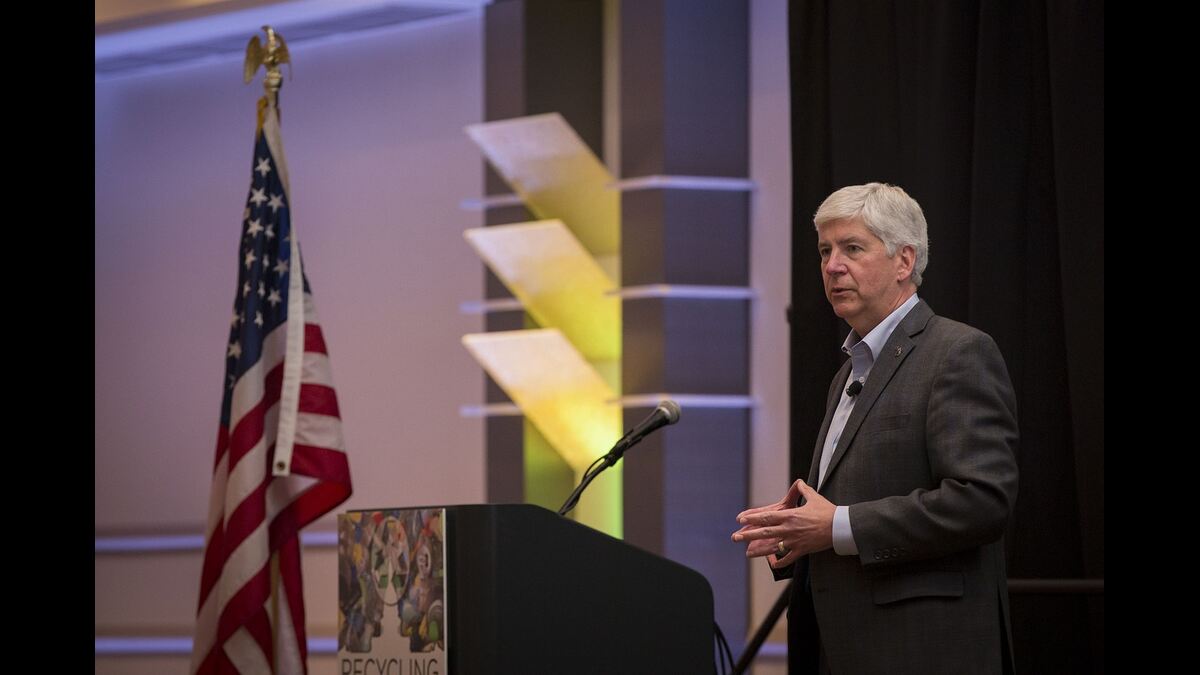Property management fees can vary widely depending on a range of factors. Understanding the different types of charges and what to expect can help property owners make informed decisions. In this comprehensive guide, we delve into the various costs associated with hiring a property manager, providing a detailed analysis to help you navigate this essential aspect of real estate investment.
Understanding Property Management Fees
Percentage of Rent
One of the most common fee structures is the percentage of rent collected. Typically, property managers charge between 8% to 12% of the monthly rental income. This fee covers the management of the property, including tasks such as rent collection, tenant communication, and maintenance coordination.
Flat Fees
Some property managers opt for a flat fee structure. This fee can range from $100 to $500 per month, depending on the size and location of the property. Flat fees provide predictability in budgeting but may vary in the comprehensiveness of services provided.
Lease-Up Fees
Lease-up fees are charged when a property manager secures a new tenant. This fee often equals one month’s rent or a percentage of the annual rent, generally 50% to 100% of one month’s rent. Lease-up fees compensate the manager for marketing the property, showing it to prospective tenants, and handling lease agreements.
Maintenance Fees
Maintenance fees are typically either included in the monthly management fee or charged separately. If charged separately, expect to pay a mark-up on the cost of repairs, which can be around 10% to 20%. It’s crucial to clarify if there are any additional charges for maintenance supervision or emergency repairs.
Vacancy Fees
Property managers may charge a fee during vacancy periods, though this practice is less common. This fee can be a flat rate or a percentage of the expected rent, designed to cover the costs of maintaining the property and finding new tenants.
Eviction Fees
In unfortunate circumstances where eviction is necessary, property managers usually charge an additional fee. This fee can range from $200 to $500 and covers the administrative and legal work involved in the eviction process.
Additional Costs to Consider
Initial Setup Fees
Some property management companies charge an initial setup fee to onboard a new property. This fee can range from $250 to $500 and covers the cost of setting up the property in their management system.
Advertising Fees
While some property managers include advertising costs in their lease-up fees, others may charge separately. Advertising fees can vary widely, depending on the marketing strategies used, ranging from $100 to $500.
Inspection Fees
Regular property inspections are crucial for maintaining the property’s condition. Some managers include inspection fees in their monthly rate, while others charge separately, typically around $50 to $100 per inspection.
Factors Influencing Property Management Fees
Location
Geographic location plays a significant role in determining property management fees. Properties in high-demand urban areas often incur higher management fees due to increased rent values and market competition.
Property Size and Type
The size and type of the property also affect management costs. Larger properties or those with multiple units usually command higher fees due to the increased workload. Luxury properties or those with unique features may also require specialized management, resulting in higher charges.
Service Level
The level of service provided by the property management company can greatly influence fees. Full-service management, which includes comprehensive tenant and property management, maintenance, and financial reporting, generally costs more than basic services.
How to Choose a Property Manager
Reputation and Experience
When selecting a property manager, consider their reputation and experience in the industry. Look for reviews and testimonials from other property owners and verify their track record in managing similar properties.
Service Offerings
Ensure that the property manager’s services align with your needs. Some managers offer a la carte services, allowing you to customize the level of management based on your preferences and budget.
Transparency
Choose a property manager who is transparent about their fees and services. A detailed management agreement should outline all potential costs, helping you avoid unexpected expenses.
Communication
Effective communication is crucial in property management. Select a manager who is responsive and proactive in addressing your concerns and keeping you informed about your property.
Conclusion
Understanding the various fees associated with property management is essential for property owners to make informed decisions and optimize their investment returns. By evaluating the different types of fees and considering factors such as location, property size, and service level, you can choose a property manager that best fits your needs and budget.
Related: What is liquidity and which investment has the least liquidity
Related: Financial Planning for Seniors – A Comprehensive Guide




